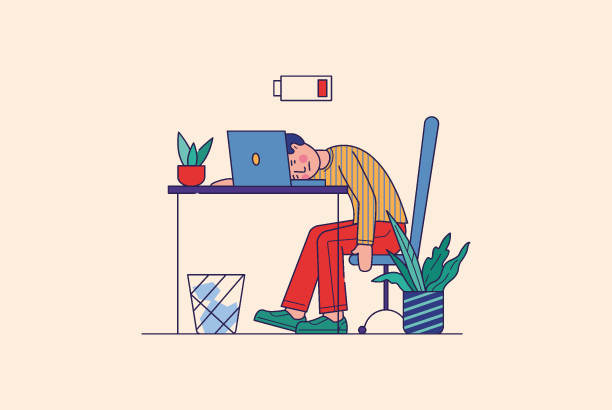Have you ever felt like no matter how good your work is, you are not being valued? Or you feel like work is not going places or people are judging you as a lower-grade artist. Or you lack the ability to match the market demand. I repeat, these all are about your feelings. If you find anything common from here, then my friend, there is something to know about Imposter Syndrome.
Imposter syndrome is a psychological phenomenon in which individuals doubt their accomplishments and fear being exposed as a “fraud,” despite evidence of their success and competence. This syndrome is not an official psychological disorder, but it’s a common experience among professionals, students, and individuals in various fields. People experiencing imposter syndrome often attribute their achievements to external factors like luck or believe that their success is due to deceiving others into thinking they are more intelligent or competent than they perceive themselves to be.

In the creative field, many of us have gone through this. Imposter syndrome can be influenced by a variety of factors, including personality traits (like perfectionism), family background, cultural expectations, and the competitive environments of academic or professional settings. It’s more prevalent in situations where individuals are underrepresented or in minority groups, amplifying feelings of being an outsider or not belonging.
Imposter syndrome can lead to significant stress, anxiety, and depression. It may hinder personal and professional development by causing individuals to pass up opportunities for fear of not being good enough. The constant pressure to perform can lead to burnout and physical or emotional exhaustion.
Now, as a pioneer of the creative industry, how do you overcome this imposter syndrome? Let’s find out.
Recognize the Syndrome
The first step to overcoming imposter syndrome is acknowledging its presence. Creative fields often lack clear markers of success, which can exacerbate feelings of fraudulence. Recognize that imposter syndrome is a common experience, not a reflection of your actual abilities or worth.
Share Your Feelings
Imposter syndrome thrives in isolation. Sharing your feelings with trusted peers or mentors can be incredibly liberating. You’ll likely find that many of your colleagues have experienced similar doubts. This realization can be comforting and diminish the power these feelings hold over you.
Celebrate Your Achievements
Creatives are often their own harshest critics, focusing on their work’s perceived flaws rather than its strengths. Make it a habit to celebrate your achievements, no matter how small. Keep a record of positive feedback, successful projects, and personal milestones. Reviewing this record can boost your confidence and challenge the imposter narrative.
Reframe Failure
In the creative industry, failure and rejection are not only common but essential for growth. Reframe failures as opportunities for learning and development. Every creative you admire has faced rejection and failure; what sets them apart is their resilience and determination to continue improving.
Set Realistic Expectations
Perfectionism often goes hand in hand with imposter syndrome. However, seeking perfection in creative work is an impossible goal that can hinder your productivity and satisfaction. Set realistic expectations for yourself and understand that all creative work is a work in progress, subject to growth and evolution.
Focus on Your Unique Voice
Comparing your work to others’ can fuel feelings of inadequacy. Instead, focus on developing your unique voice and style. The creative industry values originality; your distinct perspective and experiences are your greatest assets.
Seek Professional Support
If imposter syndrome significantly impacts your mental health and professional growth, consider seeking support from a counselor or therapist. Professional guidance can provide you with strategies to manage these feelings effectively.
Be kind to yourself and acknowledge that you’re doing your best. Imposter syndrome feeds on self-criticism and unrealistic standards. By treating yourself with kindness and understanding, you can create a more supportive mental environment for your creativity to flourish.

